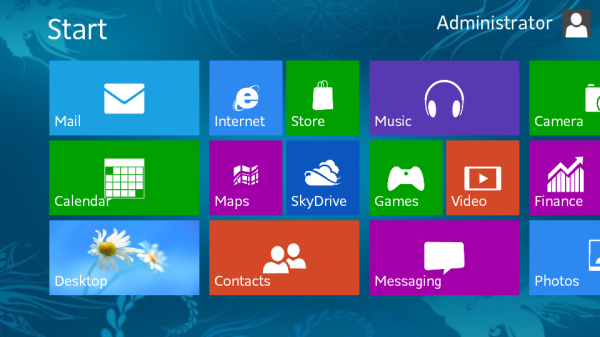Overclocking can certainly yield better benchmark results. However, in order for them to be acceptable, overclocking must not tinker with the way a system works. In the case of Windows 8, however, overclocking either slows down or speeds up the system clock, thus disturbing the benchmark results.
The problem, as identified by the overclocking community HWBOT, is that when the CPU clock settings are tweaked from within the OS, it disturbs the accurate functioning of the clock. The key problem in this is that hardware-based real-time-clocks (RTCs) are meant to keep accurate track of time but in this case, they don’t.
When the hardware is underclocked through the OS settings, the RTCs slow down too, thus making it easier for the system to perform more in what appears to be less time spent. However, it is simply an attempt to fool the benchmark calculations by slowing down the ticking of the seconds.
Overclocking, on the other hand, tends to speed up the RTCs of the system, making the hardware score rather low benchmark scores. This discrepancy is causing a lot of problems in calculating the accurate benchmark performance of Windows 8.
And it is precisely for this reason that HWBOT has refused to admit any benchmarks from computers running the eighth iteration of Windows 8, which seems to have the problem. According to HWBOT management, “Simply no benchmark – not even 3DMark – is unaffected by Microsoft’s RTC design decisions.” It remains to be seen if Microsoft will dish out a fix for this soon enough.
Source: HWBOT
Courtesy: Engadget
[ttjad keyword=”laptop-acer”]



